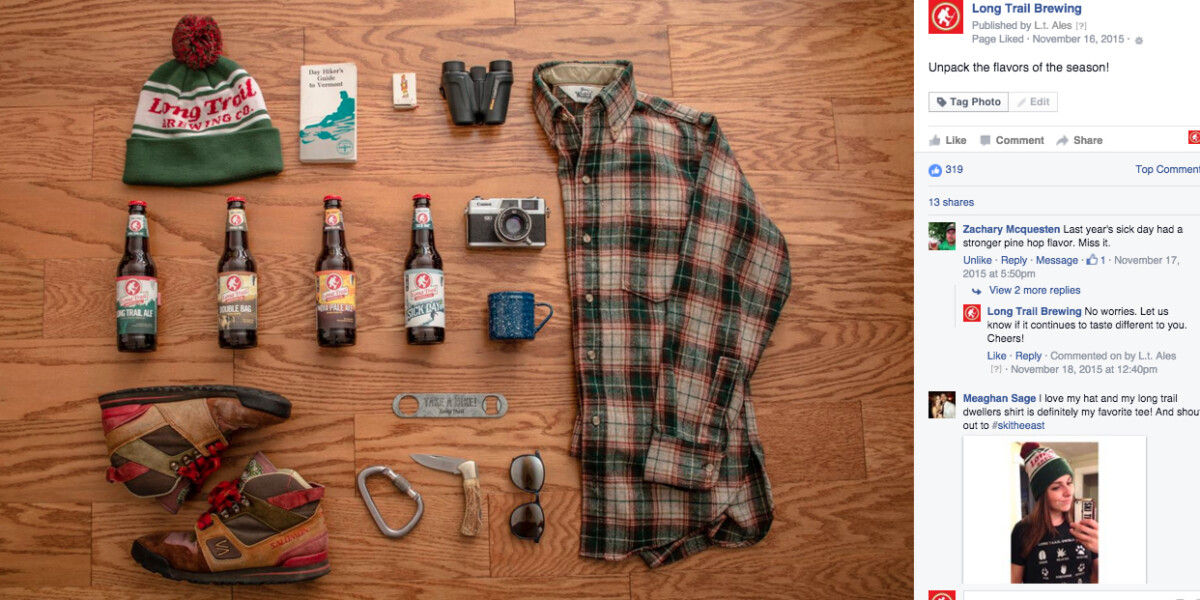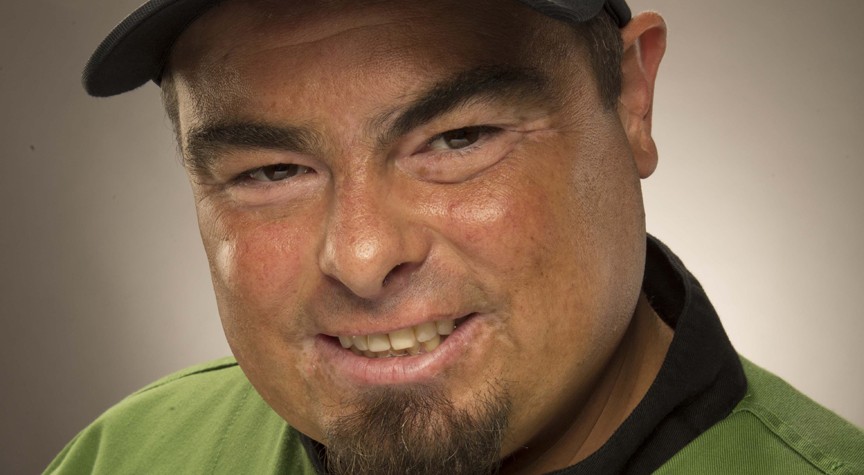If you’ve ever plunged into a job hunt, you probably started by revamping your resume.
But what if you’re a mid-career changer with years of experience? How might your professional resume – and even your cover letter – differ in style and tone from that of a recent college graduate?
Much of the resume-writing advice for mid-career changers is the same as it is for 20-somethings (Proofread, proofread, proofread! Use active verbs!). But there are many considerations that apply more particularly to those undergoing job searches in their 30s, 40s and 50s, according to Mary Beth Barritt, assistant director of the University of Vermont’s Career Center.
Whether you’re moving into a new field, or you’ve been laid off after two decades on the job, or both, Barritt has this advice:
- Consider your industry and experience when deciding whether you need to keep your resume to one page. “Truthfully, it depends on a particular employer and industry,” Barritt says. “You want to present your skills and experience as succinctly as you can, and you don’t want to leave off valuable information. An academic clearly needs more than one page. But someone in computer software might not. I saw a career changer recently who had two pages, and she needed every bit of it. She had lots of experience in the arenas of environment and energy policy, and she needed to tell a story to showcase her expertise.”
- Decide on a format that best conveys why you are a good fit for a particular job. “Career changers have decisions to make about resumes,” she says. “Do they want a standard, chronological resume that is organized by job, or do they want a functional resume that really shows their skills and experience and maybe de-emphasizes that list of jobs?”
- Remember that your resume is not a job application. This might be an important point for recent college graduates as well, but it’s especially true for mid-career changers, who have years of experience. “One common mistake made by job seekers is to include everything they have ever done,” Barritt said. “It’s important for people to think of their resume as a marketing tool and to think of the skills that an employer needs and to focus on the most relevant information.”
- Job gaps aren’t the end of the world. In keeping with the idea that resumes are not job applications, remember this: “Most employers are less concerned about job gaps than we might suppose. They are looking for the history of significant work experiences,” she says. One way to handle a job gap is to “tuck it into your cover letter, not right in the first paragraph but in the third or fourth.” For example, if you spent a few years home with your children, in a few words you might mention that you are returning to the workforce after taking time off for family and are eager to bring your skills to the employer’s organization.
- Layoffs aren’t anything to hide. “My advice on layoffs is not necessarily to include it in the cover letter, but to get the interview, and then address this, she said. “But talk about it in a positive light. You actually could include this briefly in your cover letter. For example, in the case of IBM layoffs, which everyone in the community knows about, you could say: ‘After 20 years of employment at IBM, I see this as an opportunity to bring my skills into education’ or ‘I hope to use my skills and experience to explore new opportunities.’”
- And finally: Don’t go overboard on hiding your age. Many experts suggest leaving off the years you received your degrees – and certainly not including your high school diploma if you went to college. But that doesn’t mean you should avoid touting the fact that you have 10 or 15 years of experience, Barritt explained. Use that experience to showcase your vast skills and training. Highlight your projects and leadership. And because this isn’t a job application, but a marketing tool, you can simply summarize your early years – without giving specific dates or timelines – and focus on the most important or most recent jobs.
For more information, visit the UVM Career Center.





